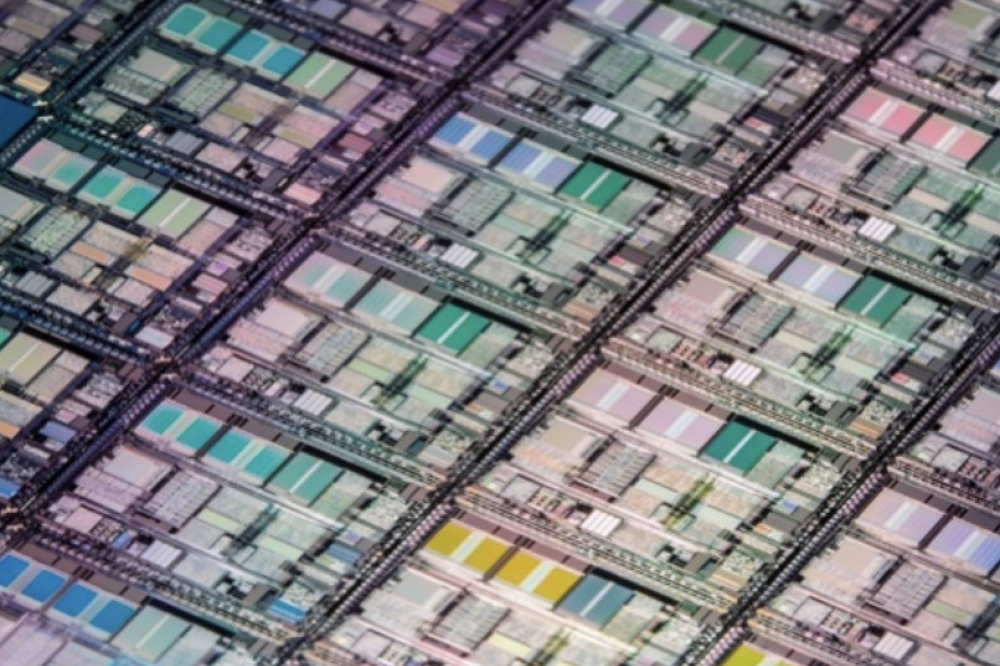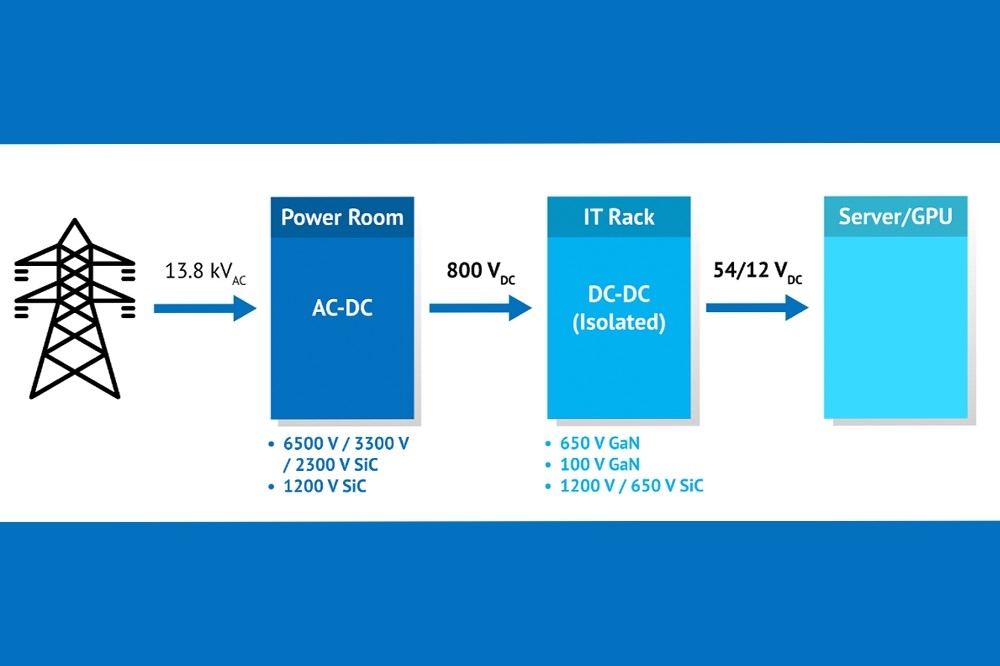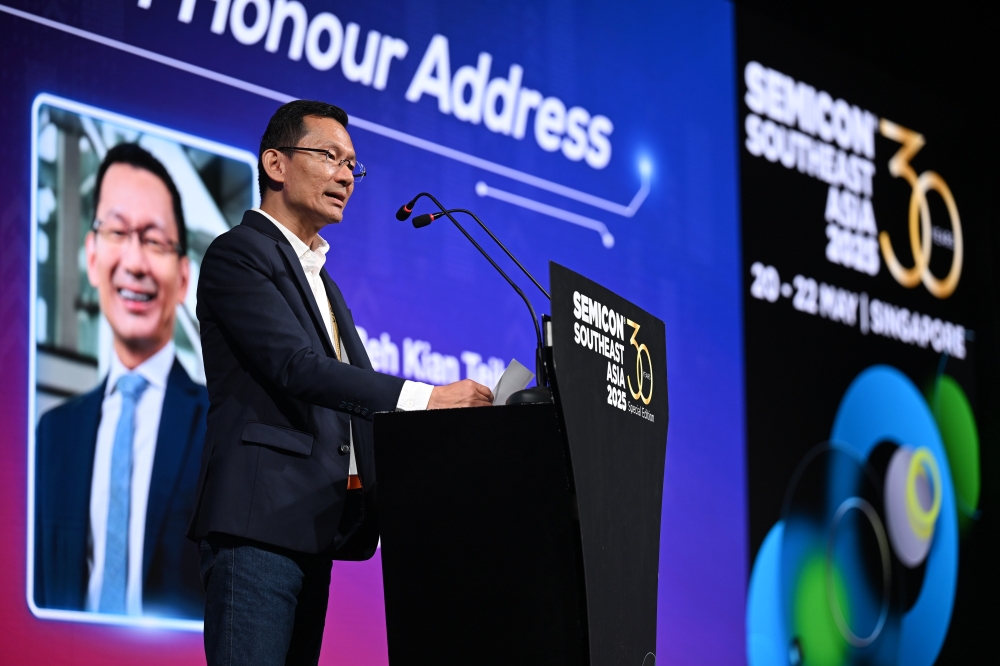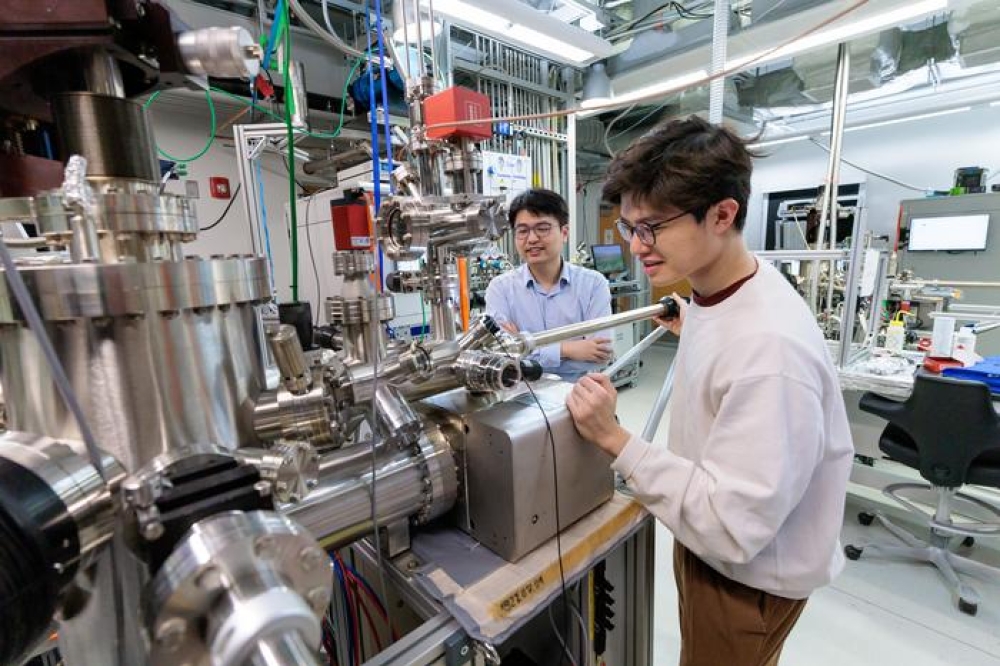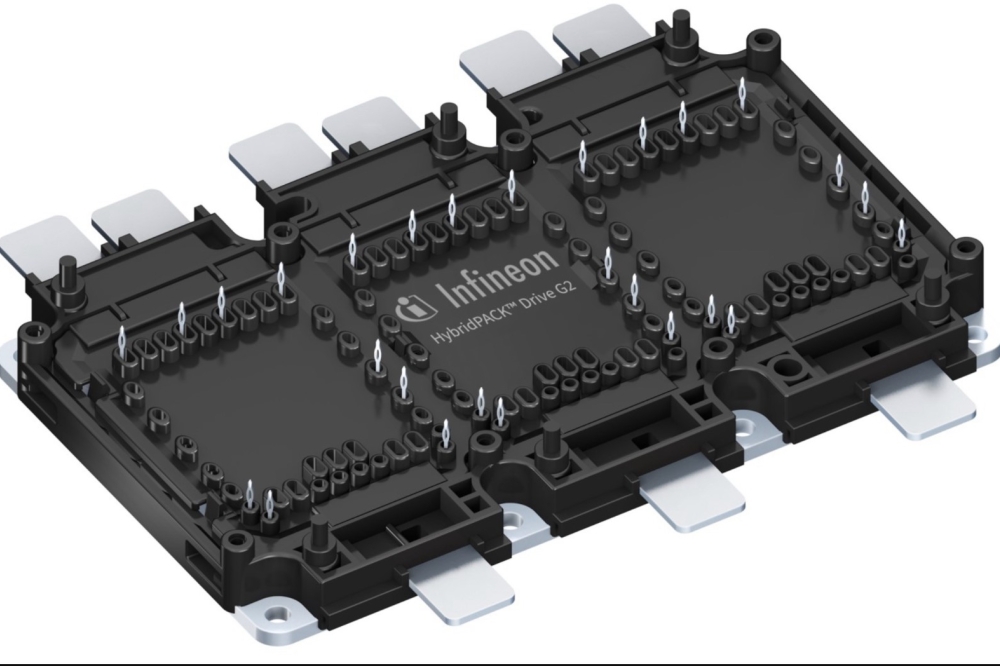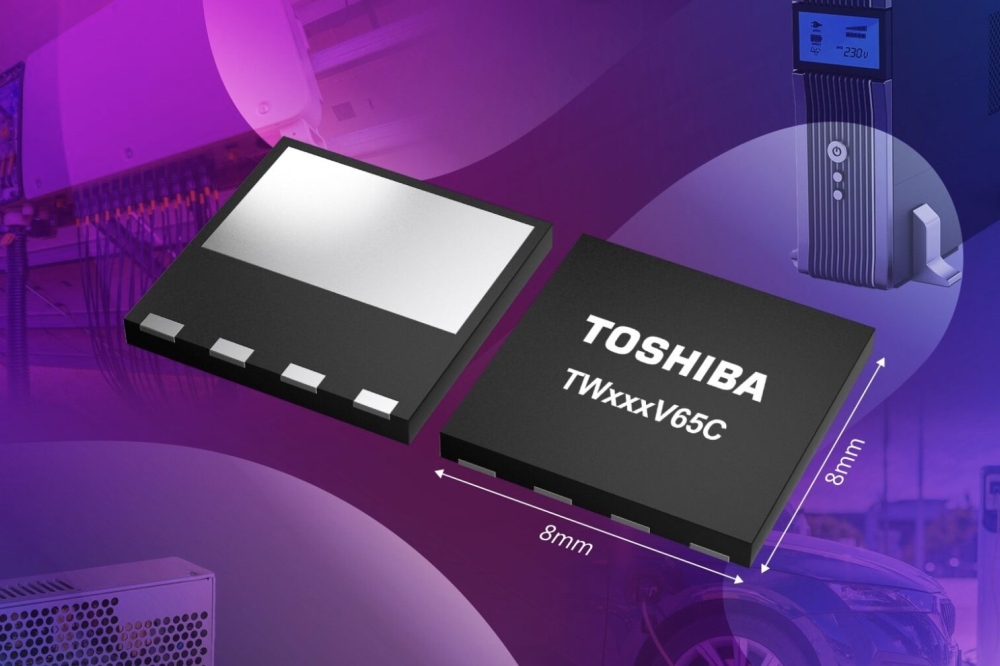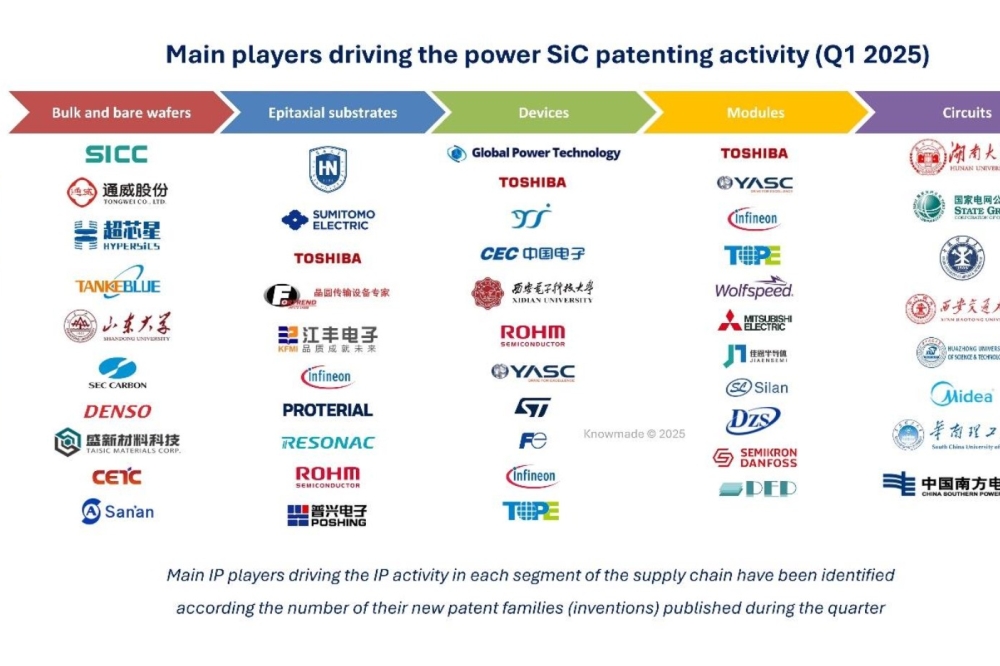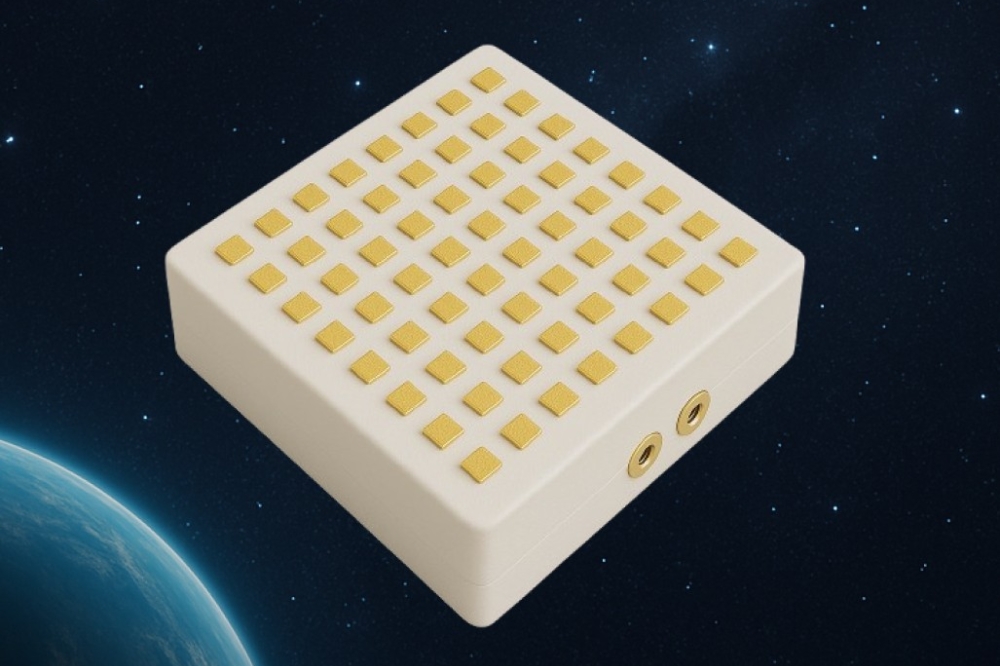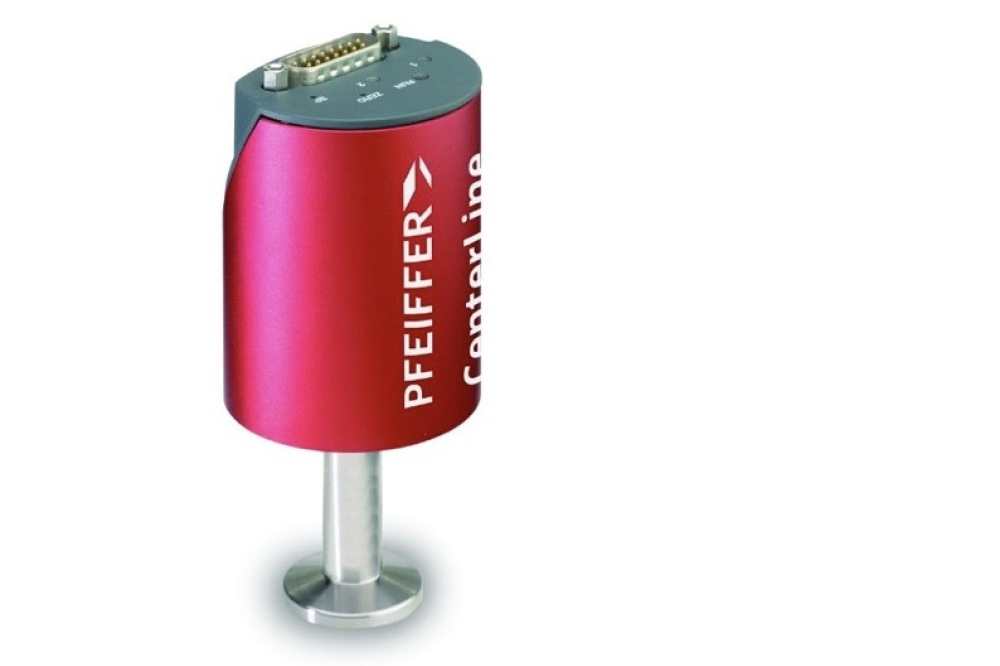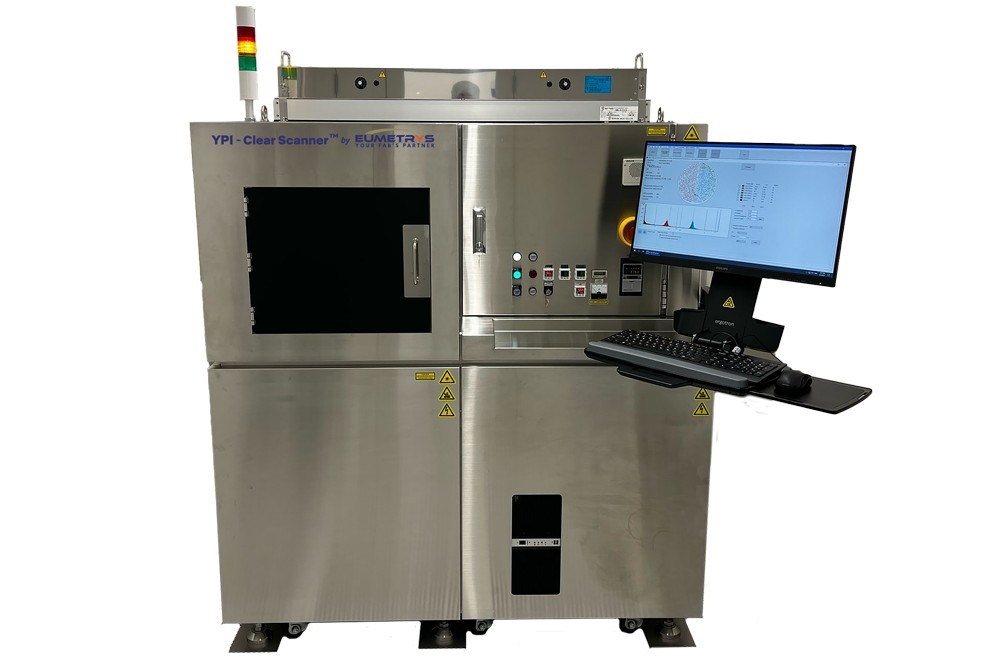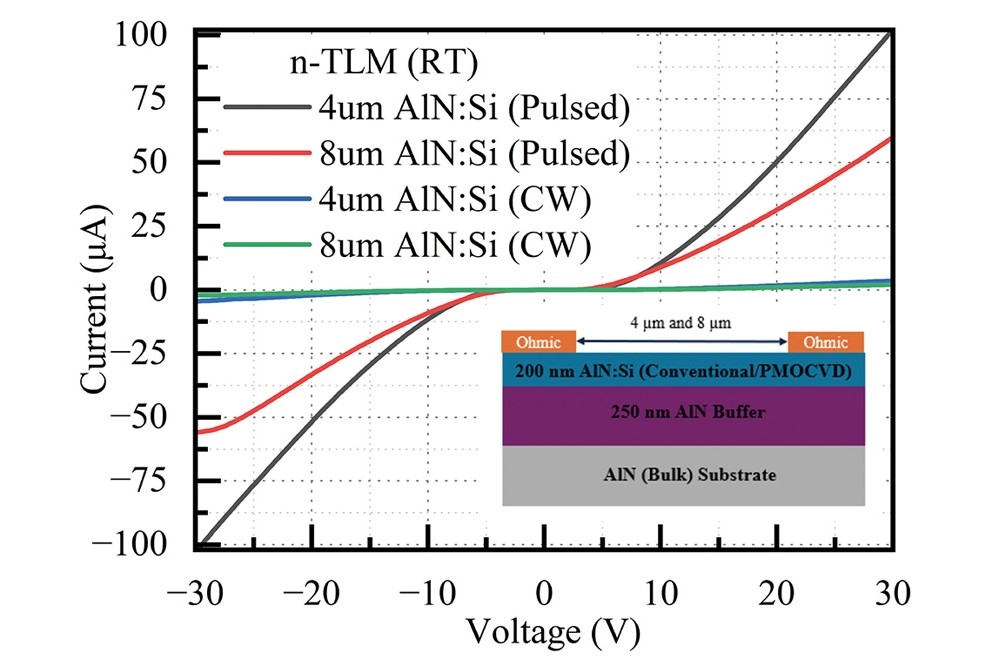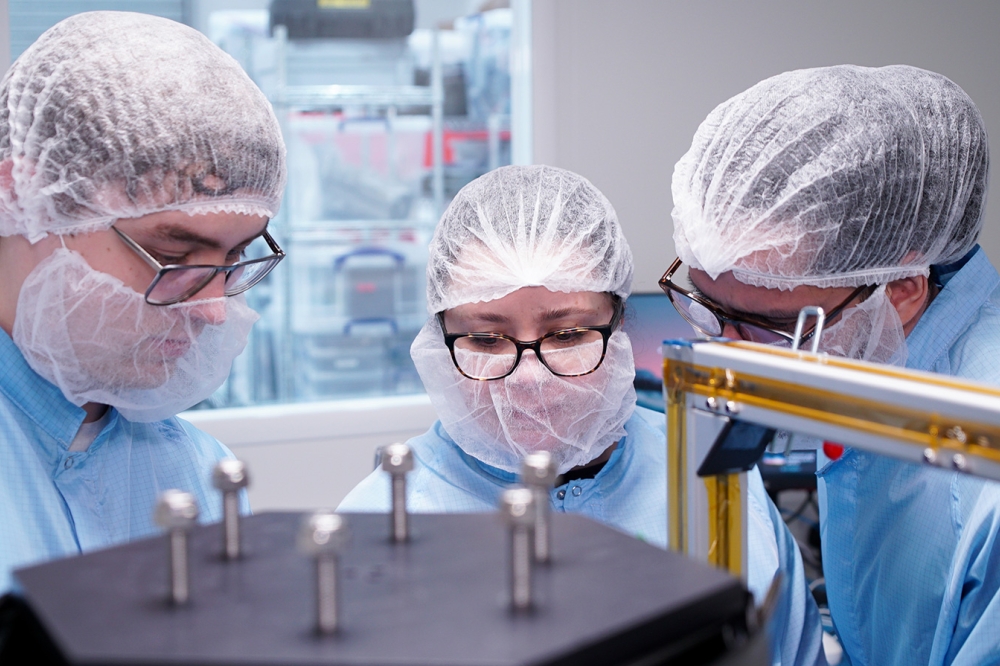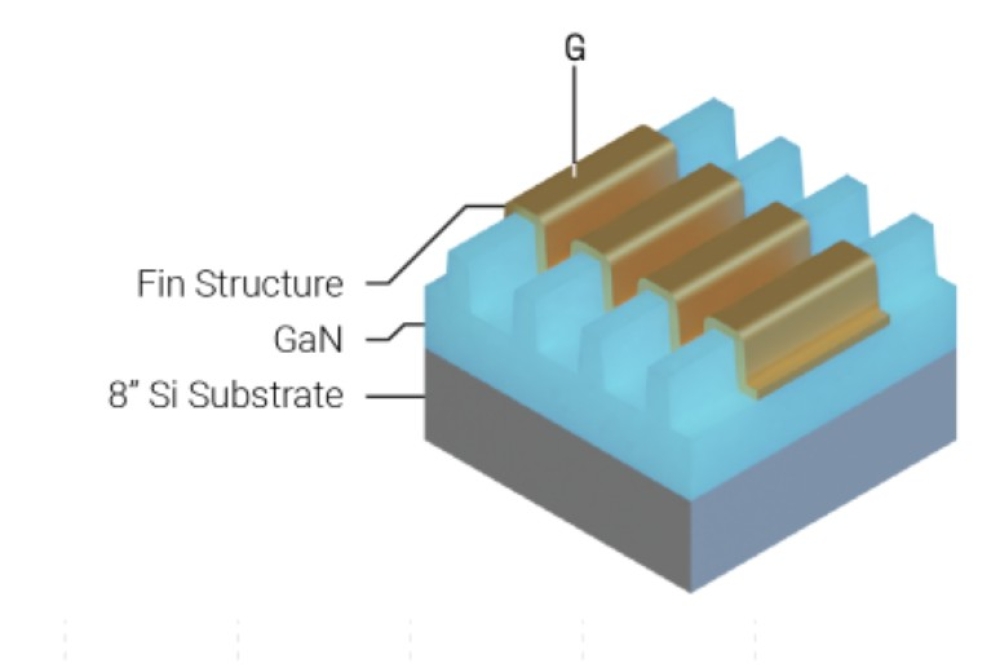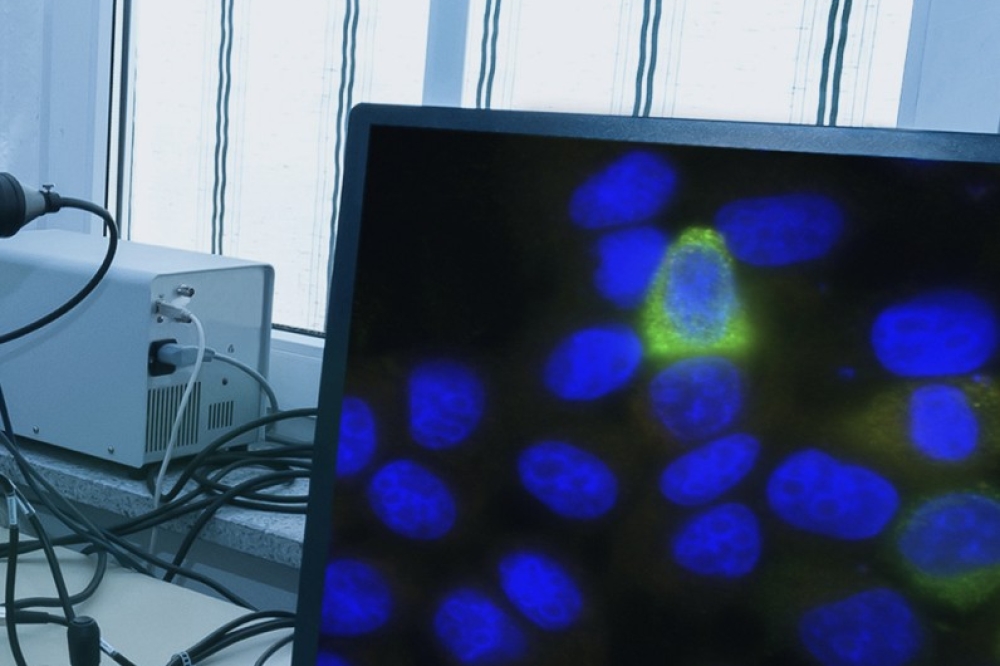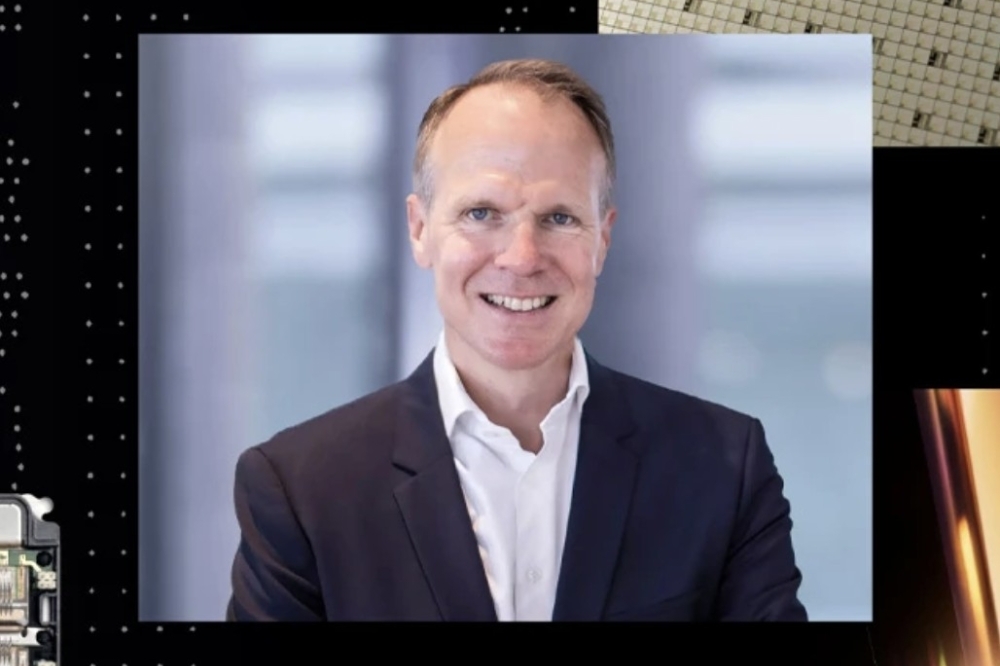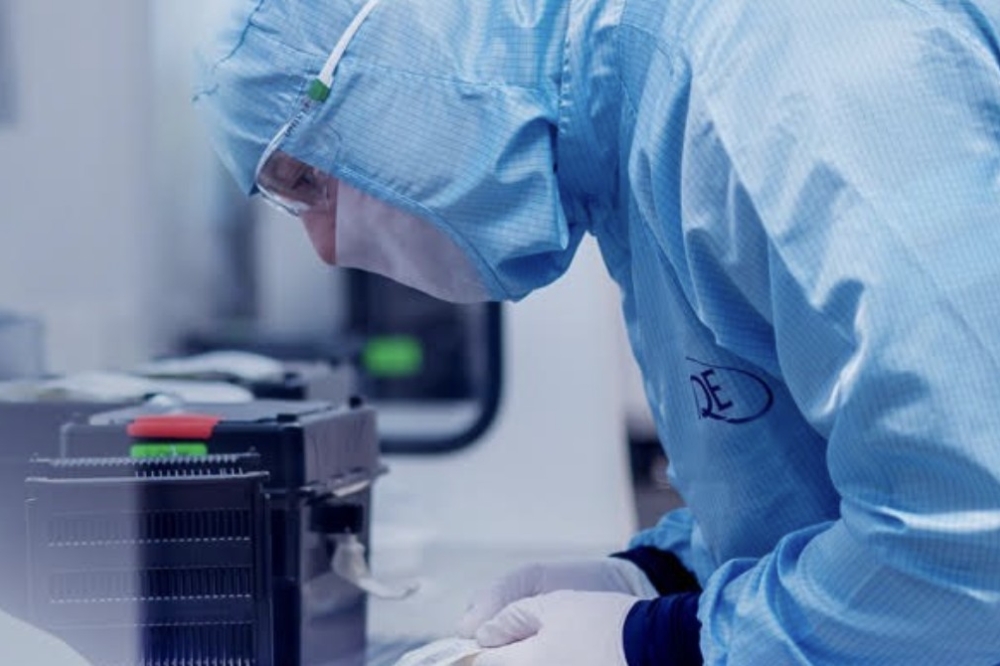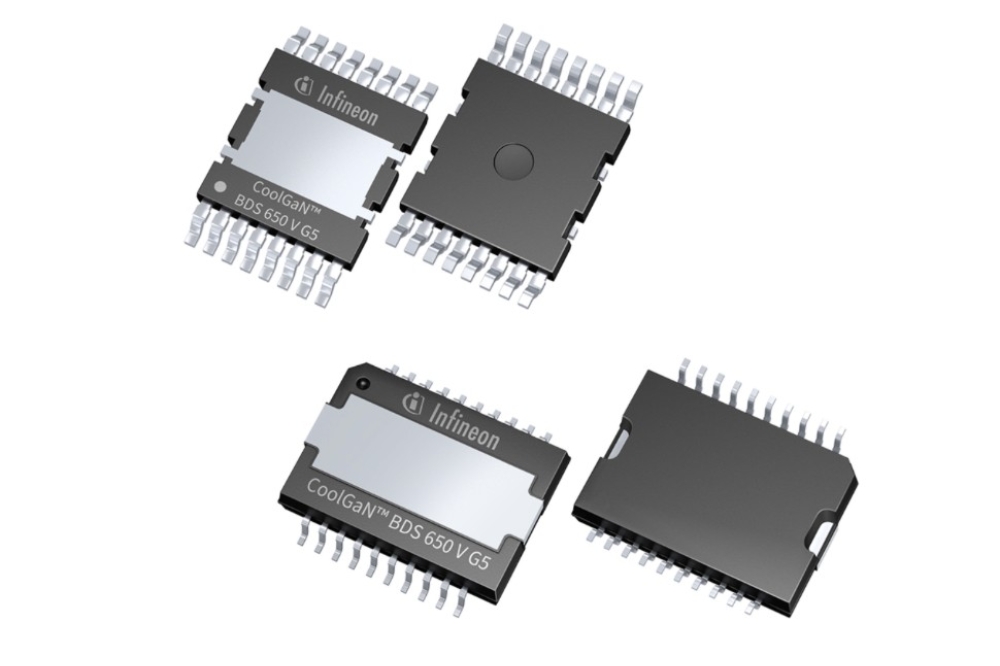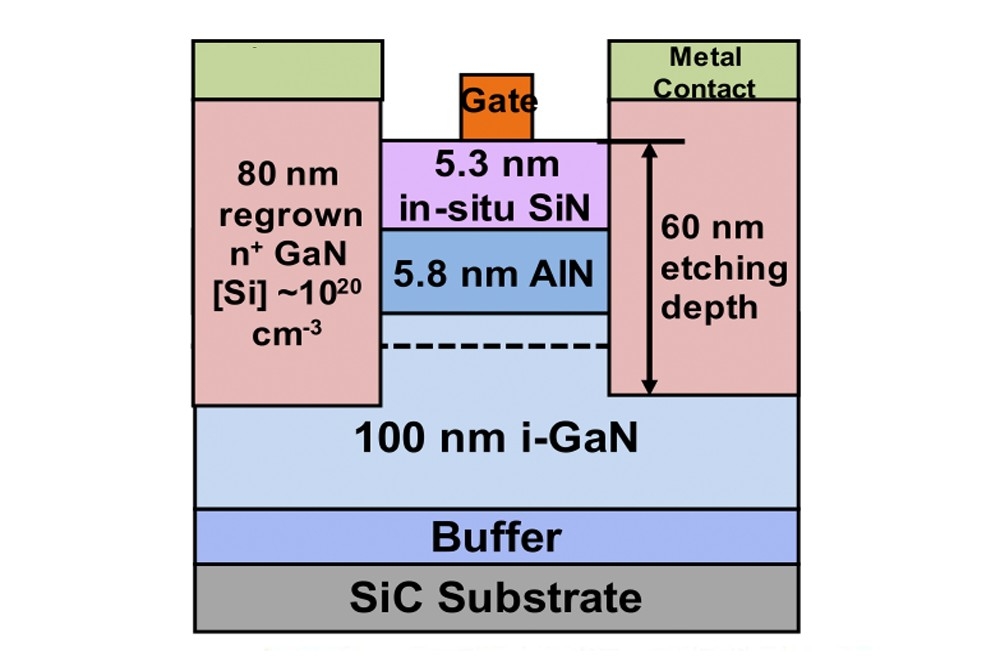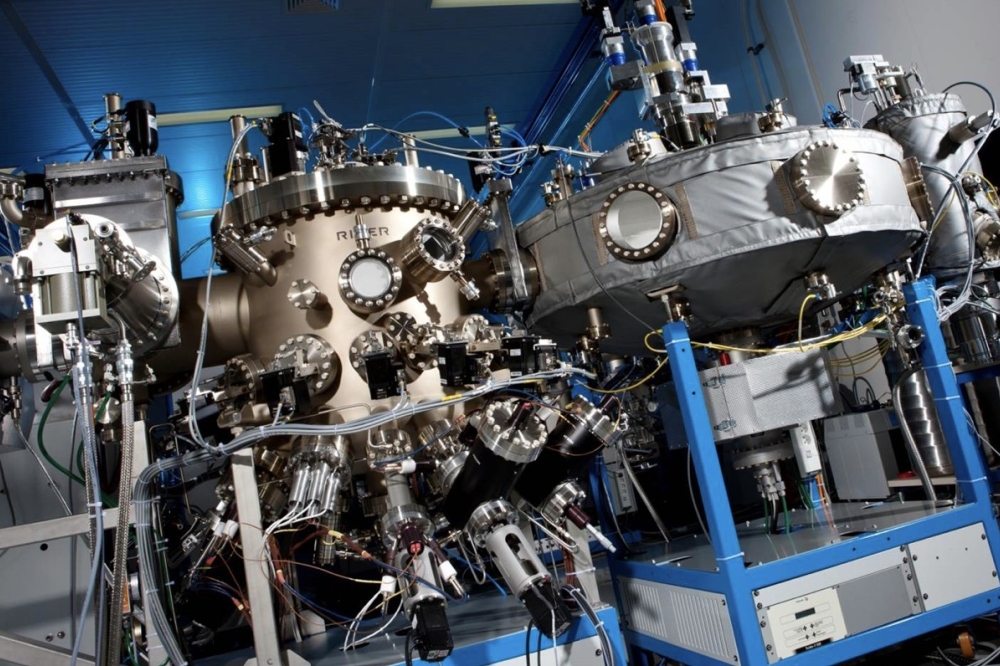UK CS sector to benefit from EU’s ‘Chips Joint Undertaking’

£35 million boost for British semiconductor industry
The UK has joined the EU’s ‘Chips Joint Undertaking’ giving British semiconductor researchers and businesses enhanced access to research funding backed by the UK government and Horizon Europe.
The move provides the UK semiconductor sector enhanced access to a €1.3 billion pot of funds set aside from Horizon Europe to support research in semiconductor technologies up to 2027.
Access to the Chips Joint Undertaking’s funds is being backed by an initial £5 million this year from the UK's Department for Science, Innovation and Technology, and delivered by Innovate UK. An additional £30 million is due to support UK participation in further research between 2025 and 2027.
This year, the Chips Joint Undertaking fund is well aligned to UK research expertise. In 2024, it includes two focussed calls for funding bids on semiconductors for cars and other vehicles as well as RISC-V, an open-source architecture that aims to accelerate semiconductor innovation by lowering the cost of chip design. It also provides more open opportunities for scientists and firms to bid for research support.
The UK has joined the initiative as a 'Participating State' allowing the country to collaborate more closely with European partners on semiconductor innovation. As a Participating State, the UK will have a role in setting research priorities and funding decisions as the fund evolves in the years ahead.
This includes the opportunity for the UK to be a part of a new funding opportunity with the Republic of Korea to research ways to combine semiconductor chips to improve performance through advanced packaging.
Uk companies and research teams involved in silicon photonics and compound semiconductors are particularly excited about the announcement.
Chris Meadows, director, CSconnected, said: "CSconnected, the organisation representing the South Wales Compound Semiconductor sector, warmly welcomes the news that the UK is to join the EU Chips Joint Undertaking. Collaboration is at the very heart of our fast growing and rapidly evolving semiconductor sector that underpins technologies of today and is key to enabling our future connected world, AI, robotics, and in meeting global net-zero ambitions."
Martin McHugh, CEO at CSA Catapult, said: "This is an excellent opportunity for UK researchers and businesses to strengthen links with our EU partners and collaborate on cutting-edge semiconductor projects of national importance.
"Access to the Horizon Europe funds will enable the UK to partner on projects where we have mutual and significant strengths, such as design, advanced packaging and compound semiconductors."
Giorgia Longobardi, founder and CEO Cambridge GaN Devices, said: "The UK joining the European initiative to access €1.3 billion Horizon Europe fund for collaborative research in semiconductors is an exciting news."
Jen Walls, CEO of Clas-Sic Wafer Fab, said: "This is good news for UK semiconductors, opening up opportunities for UK companies to compete with our European peers on a more level playing field. The UK has a lot to offer in this sector and we are grateful as this will foster a more supportive environment for innovation."
An additional £30 million is due to support UK participation in further research between 2025 and 2027.
Martin Kuball, chair of the Royal Academy of Engineering in Emerging Technologies, professor in physics at the University of Bristol, United Kingdom, and director of the Centre for Device Thermography and Reliability, said: "We are excited for the UK to participate in the EU Chips Joint Undertaking. This will enable us to work with key EU partners to advance and commercialise high voltage power electronics we develop within in the IKC REWIRE, as well as high power high frequency RF technology we develop within UK, US and European Space Agency (ESA) programmes.
"This follows DSIT and UK Research and Innovation investing £22 million in two Innovation and Knowledge Centres located in Southampton and Bristol, aimed at reinforcing these key areas of British research leadership. These centres are dedicated to advancing cutting-edge chip technologies, such as silicon photonics and compound semiconductors, toward commercialisation."



